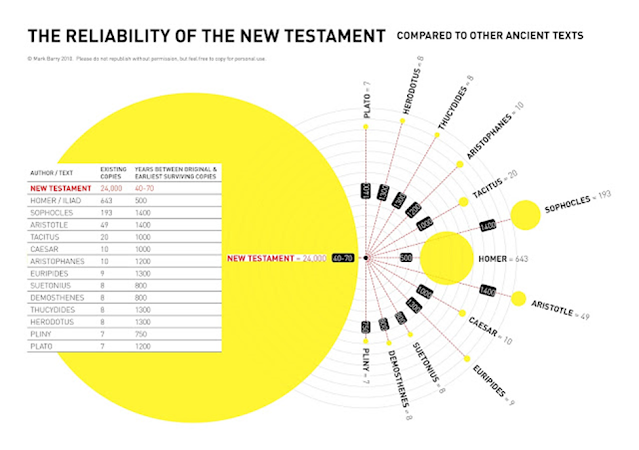From Passover and the Torah to Passover and Pentecost: How Christ fulfills the promises of God
Embark on a fascinating journey through the Bible's pages, where we trace a divine thread weaving from the Old Testament to the New. Imagine the scene: Israelites in ancient times, celebrating their dramatic escape from Egypt. They gather at Mount Sinai, hearts pounding, as they receive the Torah – God's law given externally. The directly follows the festival of weeks, a 50 day festival following the events from Passover. Fast forward about a thousand years, and here we are in Jerusalem, feeling the electric buzz in the air as the early Christians, 50 days after the passover lamb rose from the grave, receive the Holy Spirit at Pentecost. It's the same festival, but with a thrilling twist! Now, picture the Passover lamb - in the Old Testament, it's a symbol of physical freedom from slavery. But hold on, there’s more! In the New Testament, Jesus steps into the frame as the ultimate Passover Lamb, offering a different kind of liberation – freedom from sin and death....

